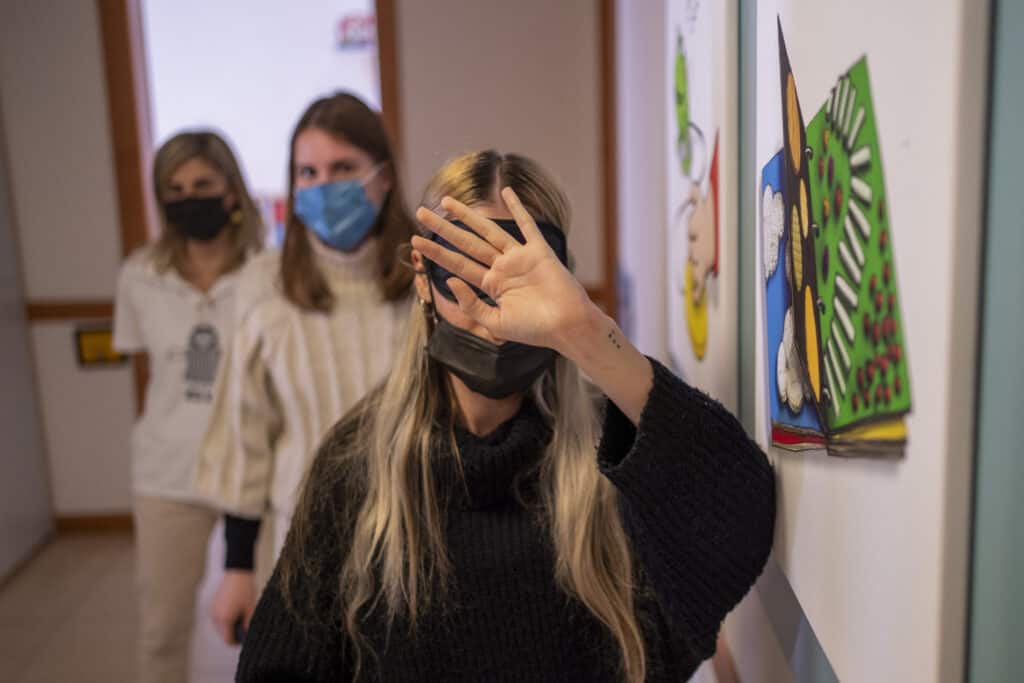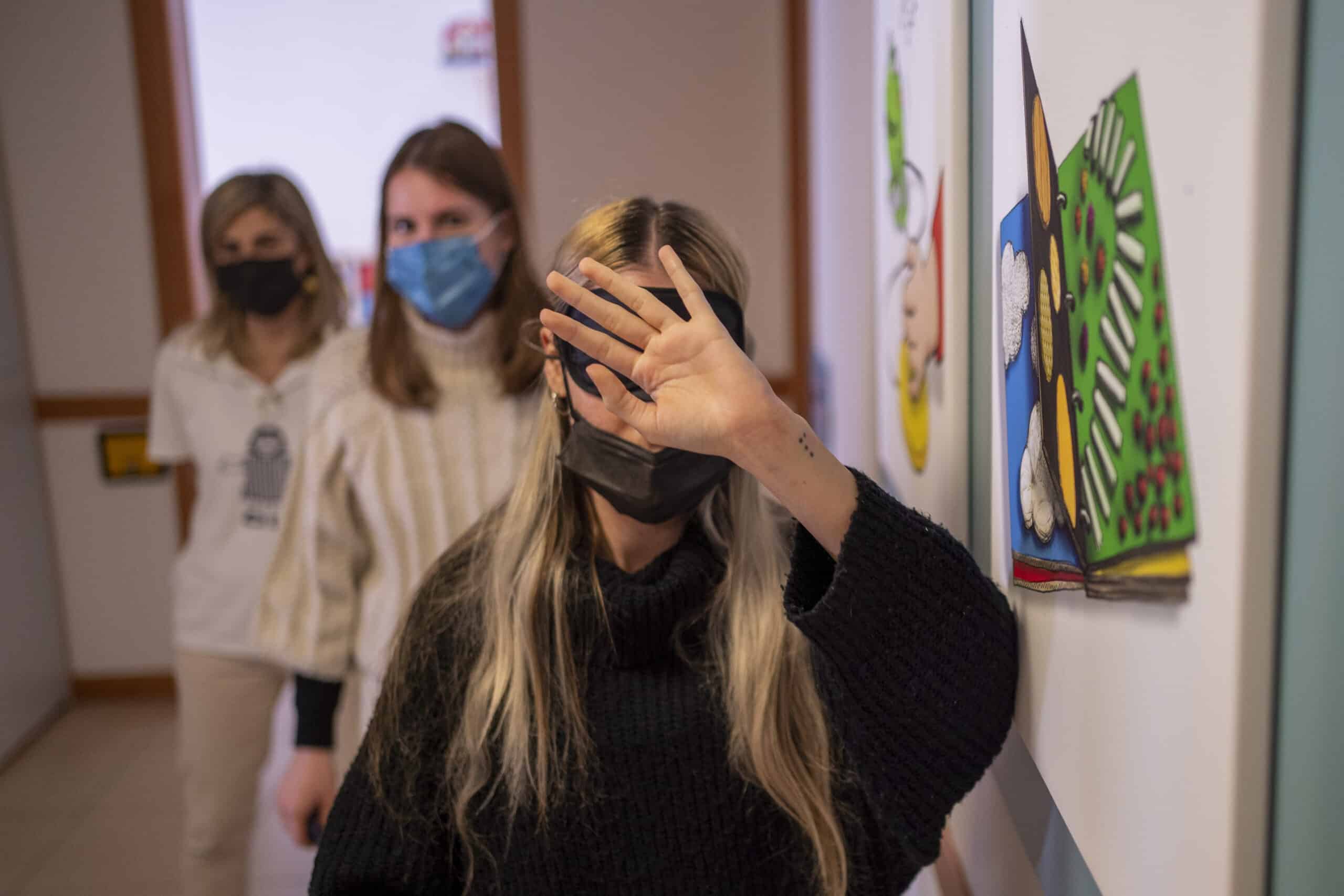The theoretical, experiential and multidisciplinary training course “The Comprehensive Approach to the Child with Visual Impairment and His Family” sponsored and implemented by the Robert Hollman Foundation, in collaboration with Briefing Studio, began last Jan. 12 for more than 30 participants.
The proposal continues until spring and is aimed at health and social care professionals (who will be awarded CME credits), teachers, educators, readers, communication assistants, typhlologists, students and all professionals interested in the topic of visual impairment in developmental age.
The health and social care professionals to whom the following will be given 46.5 CME credits disbursed (subject to attendance of at least 90 percent of the training time) are psychologists and psychotherapists; orthoptists and ophthalmology assistants; speech therapists; physical therapists; developmental neuro- and psychomotor therapists; occupational therapists; professional educators; nurses; ophthalmologists; pediatricians; psychotherapist physicians; child neuropsychiatrists; and physiatrists.
The course includes a total of 27 online and 6 in-person training hours, is curated and held all by professionals working within the Robert Hollman Foundation and is developed in five theoretical sessions divided between Friday afternoon and Saturday morning on the following topics: comprehensive approach and psychological aspects; orthoptic assessment and visual function; neurovisual rehabilitative activity; educational activity and in music; and speech therapy activity.
In March, the final training day will be held in-person at one of the Foundation’s two Centers (of the participants’ choice) to experience a simulation training experience in visual deprivation led by a multidisciplinary team. This proposal aims to bring to life some situations (reading/writing, moving around, approach with materials…) to understand the importance and necessity of adopting and implementing some environmental, temporal and relational strategies to improve the quality of life of children with visual impairment in the environments in which they live or attend daily.
Download the general course presentation.

